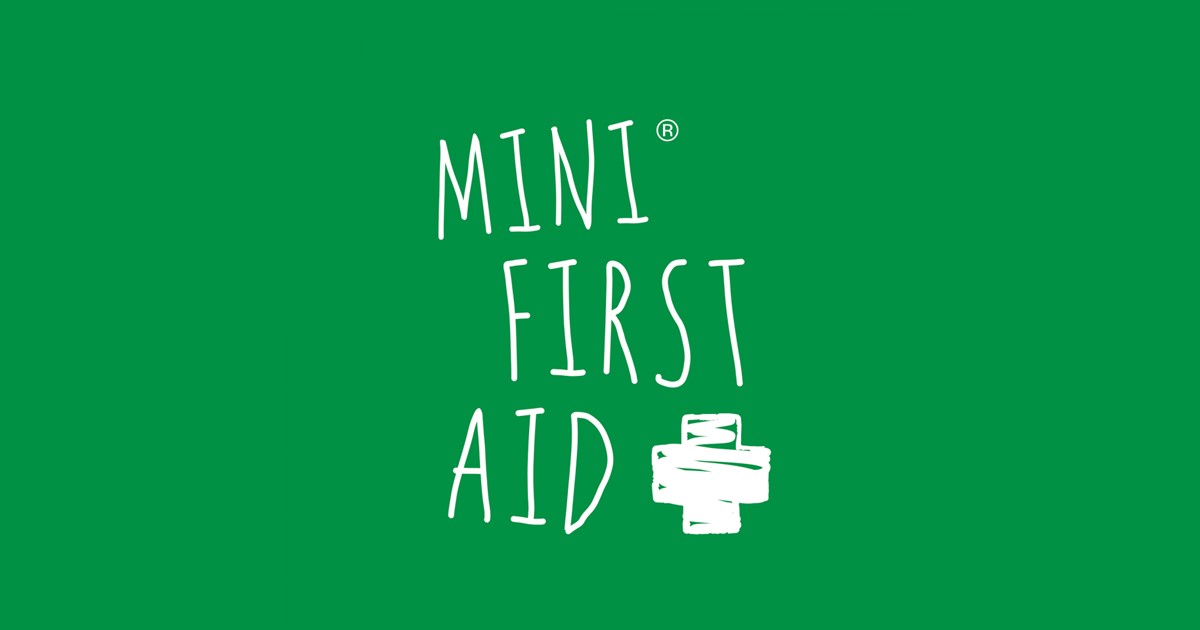A busy week in Chapelford!

This week has been both busy and enriching as our children have participated in a special Mini First Aid programme, designed to teach them essential life-saving skills. Working with Mini First Aid Warrington, we have created a progressive curriculum that builds on first aid knowledge each year, ensuring our children are well-equipped to handle emergencies as they grow.
EYFS: the importance of food safety including preparation and eating
Year 1 and 2 : how to deal with bleeding, head bumps and learning the importance of the recovery position and how to do it
Year 3: the recovery position, DRAB, CPR and dealing with burns
Year 4: the recovery position, DRAB, CPR and dealing with choking
Year 5: the recovery position, DRAB, CPR and dealing with bleeding
Year 6: the recovery position, DRAB, CPR and using a defibrillator
As you can see, the pupils in KS2 focussed on the acronym 'DRAB.' This easy-to-remember guideline helps children understand the steps they should take when faced with a situation that requires immediate action.
What Does 'DRAB' Stand For?
D – Danger: Always check for any potential dangers to yourself and others before approaching the situation.
R – Response: Assess if the person is responsive. Try to gently shake their shoulder and ask if they are okay.
A – Airway: If the person is unresponsive, check their airway to ensure it is clear. This step is crucial for ensuring they can breathe properly.
B – Breathing: Finally, check if the person is breathing. If they are not, it's essential to call for help and, if trained, to begin CPR.
We encourage you to discuss what your child learned this week and practice some of these skills at home. We would like to thank Mini First Aid Warrington for all their hard work in delivering such informative and engaging sessions and for equipping our children with, potentially, life-saving skills and knowledge.
On Thursday, our school was a sea of yellow as we celebrated World Mental Health Day! This day is an important opportunity to raise awareness about mental health and encourage everyone to support those who may be struggling.
At Chapelford, we prioritise the emotional well-being of our pupils, equipping them with the tools and skills needed to identify, understand, and regulate their emotions. Through our My Happy Minds sessions, children learn about how their brains work and the power of a positive mindset. These activities help them develop resilience and a deeper understanding of their feelings.
Supporting Mental Health at Home: As we continue to promote mental well-being in school, here are some tips on how you can support your child at home:
- Open Communication: Encourage your child to express their feelings. Create a safe space for them to talk about their emotions without judgment.
- Practice Mindfulness: Introduce simple mindfulness exercises, such as deep breathing or guided imagery, to help your child calm their mind and focus on the present.
- Promote a Healthy Routine: Establish a daily routine that includes regular sleep, limited screen time, balanced meals, and physical activity. A stable routine can greatly enhance emotional well-being.
- Encourage Positive Thinking: Help your child reframe negative thoughts by focusing on what they are grateful for or on positive experiences throughout the day.
- Be Active Together: Engage in activities as a family, such as going for walks, playing games, or pursuing hobbies together. Quality time fosters connection and support.
- Model Healthy Behaviours: Show your child how you manage stress and emotions in a healthy way. Children learn a lot from observing their parents.
By working together, we can help our children understand the importance of looking after their mental health.